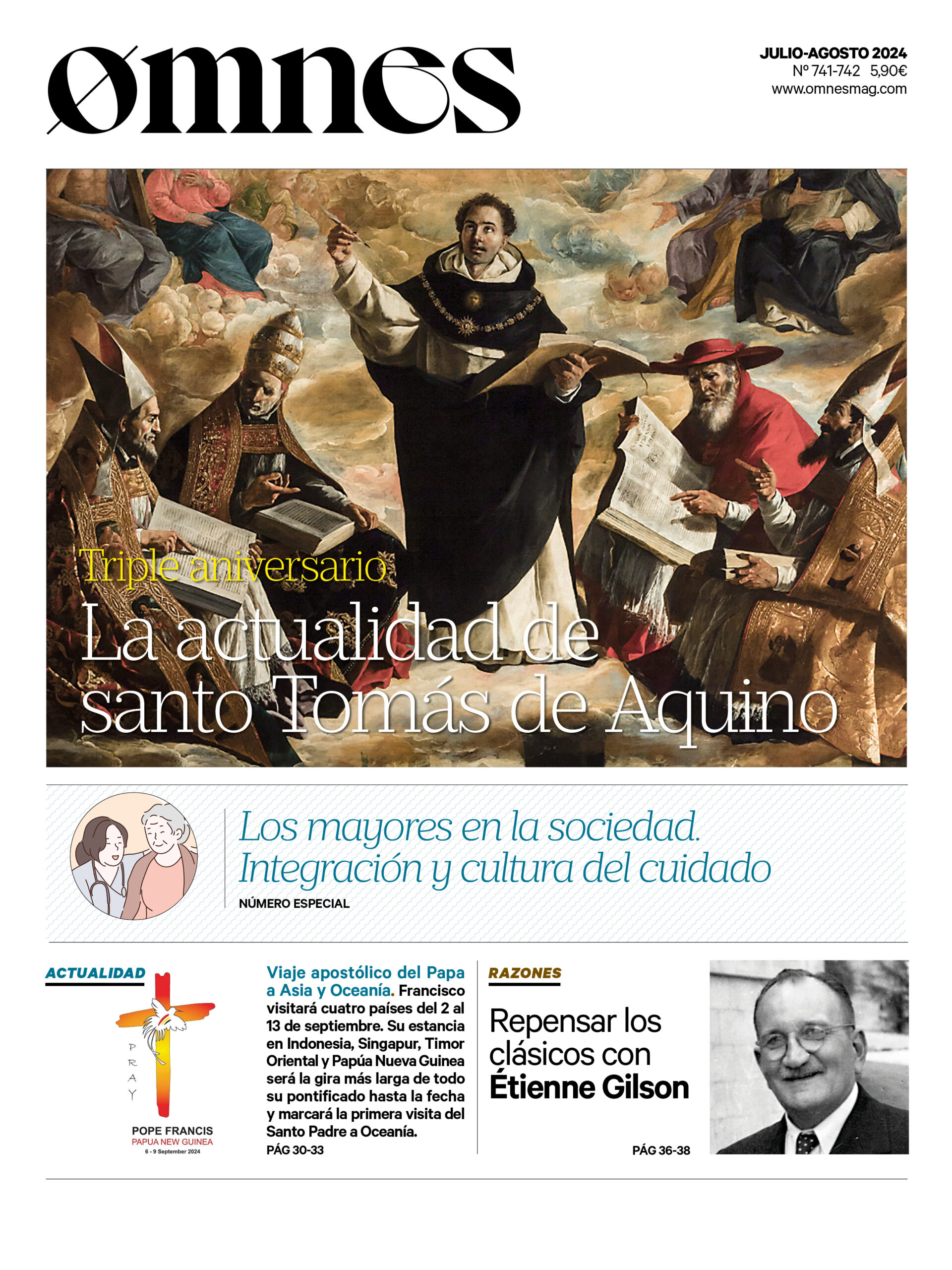Ecclesiasticus, two centuries before Jesus, gives us in chapter 35 a catechesis on prayer pleasing to God, that which is accompanied by authenticity of life and attention to the weak: "He who gives alms offers sacrifices of praise"; the prayer of the one who helps the widow "ascends to the clouds".
Jesus goes in the same direction and more in depth. Luke introduces the parable comparing the prayer of the Pharisee and the tax collector, saying that Jesus said it for everyone who has the "intimate presumption" of being righteous and despises others. It is, therefore, a lesson for all people who believe in God and pray to him, of all times and cultures, for everyone, in fact, can be subject to the temptation of Pharisaism. The posture of the Pharisee is correct: he is standing. But the detail that "he prayed thus within himself" leads us to intuit that his horizon is not God, but himself: in fact, from now on the "I" is very present in his prayer: "I am not like other men..., I fast, I pay, I possess". He withdraws into himself and presents himself before God as if God did not know him. In reality, he is talking to himself, to convince himself that he is being saved by his good works. The first words might have been appropriate: "O God, I thank you". But the reason for the thanksgiving reveals a negative judgment on all the other men, to whom he also adds the publican, whom he glimpses out of the corner of his eye. He communicates to God that he fasts twice a week, although it was not required; that he pays tithes on what he possesses, although they were only on the crops. He does more than enough to please God. Very different is the attitude of Paul, who confides to Timothy that the brethren in the faith have abandoned him, but he does not accuse them because he thinks he is better than them: the encounter with Christ has cured him of the Pharisaism in which he had been educated. In the first letter to Timothy he had confided to him that he considered himself the chief of sinners, and here he attributes all salvation to God: "The Lord stood by me... the Lord will deliver me from every evil work".
The publican, who every day feels singled out and despised as a sinner, remains aloof, does not dare to look up and in his prayer does not make a list of his sins to be more sure of forgiveness (he would not know where to begin), but abandons himself confidently with the most beautiful prayer: "O God, have mercy on this sinner". The prayer of the heart. In Greek, with the article, it sounds even stronger: have mercy on me, "the sinner". Jesus says that the publican "went down to his house": from that moment on, it will be for him an even more familiar place, rich in loving relationships, after God, through his prayer, has made him righteous. Of the Pharisee, on the other hand, he does not mention the house, as if to emphasize his loneliness.
The homily on the readings of Sunday XXX
The priest Luis Herrera Campo offers its nanomiliaa small one-minute reflection for these readings.












